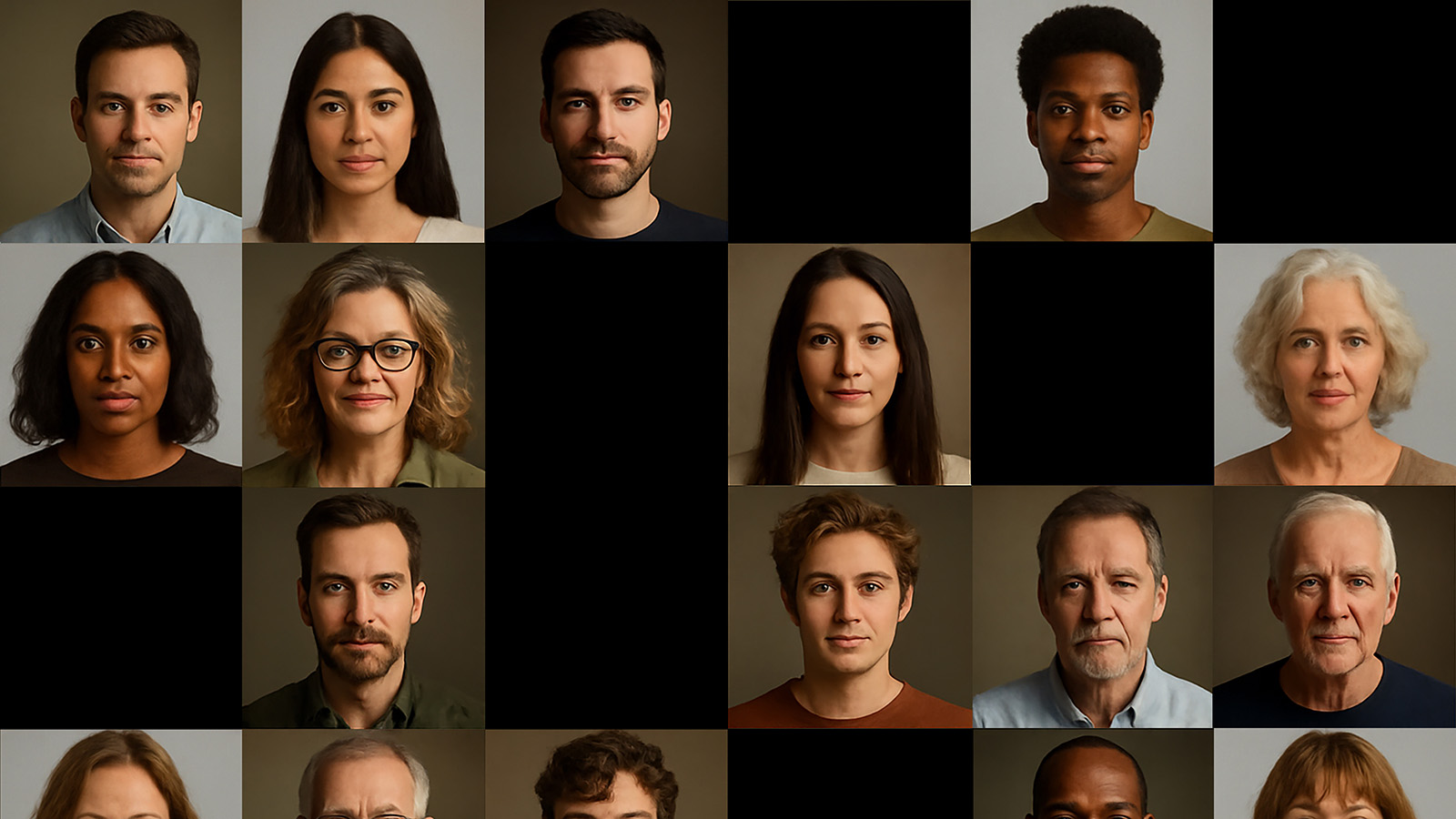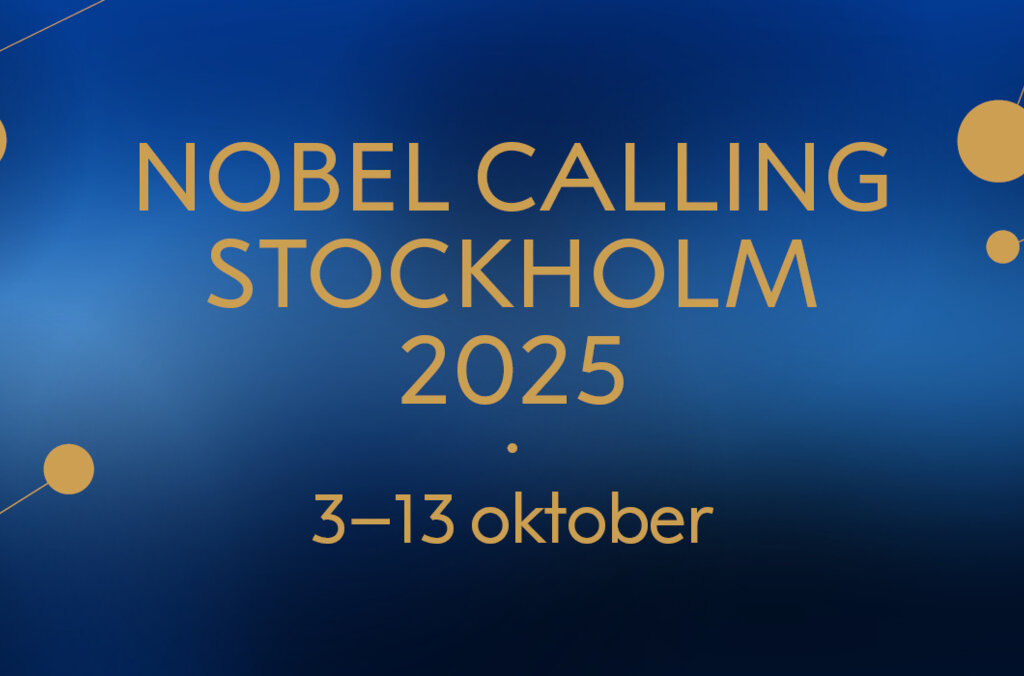Nobel Calling Öppen Föreläsning: Ecofeminist Interventions in AI Systems

Welcome to this open lecture that examines the hidden power structures behind AI and explores alternative approaches for building technologies that serve the common good.
Tid: On 2025-10-08 kl 12.15 - 13.00
Plats: Salongen, KTH Biblioteket, Osquars backe 31
Språk: Engelska
Medverkande: Amir H. Payberah, Associate Professor of Computer Science at KTH
Filmed lecture

AI systems are increasingly embedded in today’s applications and infrastructures. But behind these technical systems lie political and social structures that shape how they function and who they benefit. These systems rely on the large-scale extraction of labor, resources, and data. The human work that sustains them, such as data labeling, content moderation, and data cleaning, is often outsourced, poorly compensated, and rendered invisible.
At the same time, the environmental footprint of AI infrastructures, from high energy consumption to the mining of materials for hardware, is significant and disproportionately impacts vulnerable regions. Yet both forms of extraction remain largely overlooked in mainstream AI research.
In this talk, we examine how power operates in the design and deployment of AI systems. We analyze how current practices prioritize scale, automation, and optimization, often reinforcing global inequalities and ecological harm. Drawing on research in data justice, intersectional feminist studies, and political ecology, we argue that AI systems are shaped by social and political choices, not just technical ones. As an alternative, we explore participatory design and community-centered approaches as strategies for redistributing power and building AI systems that serve the common good.
No registration, just show up at Salongen at the appointed time! Free lunch from 12.00 for the first 40 – first come, first served.
This lecture is part of the Nobel Calling Stockholm 2025 program .

